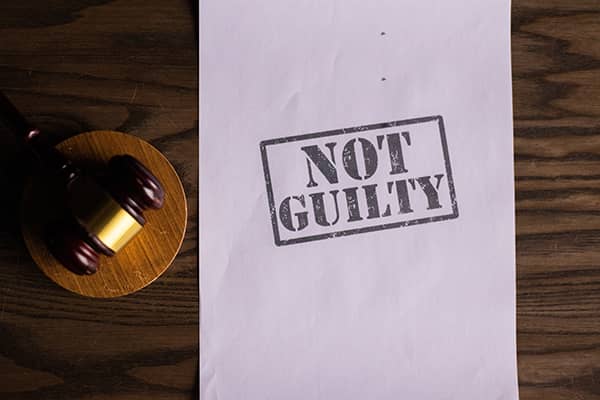You will stress less and sleep better knowing we’ve got everything under control.
We have your back all the way through, from start to finish
Rock Hill Misdemeanor Defense Attorneys

300+
Google Reviews




